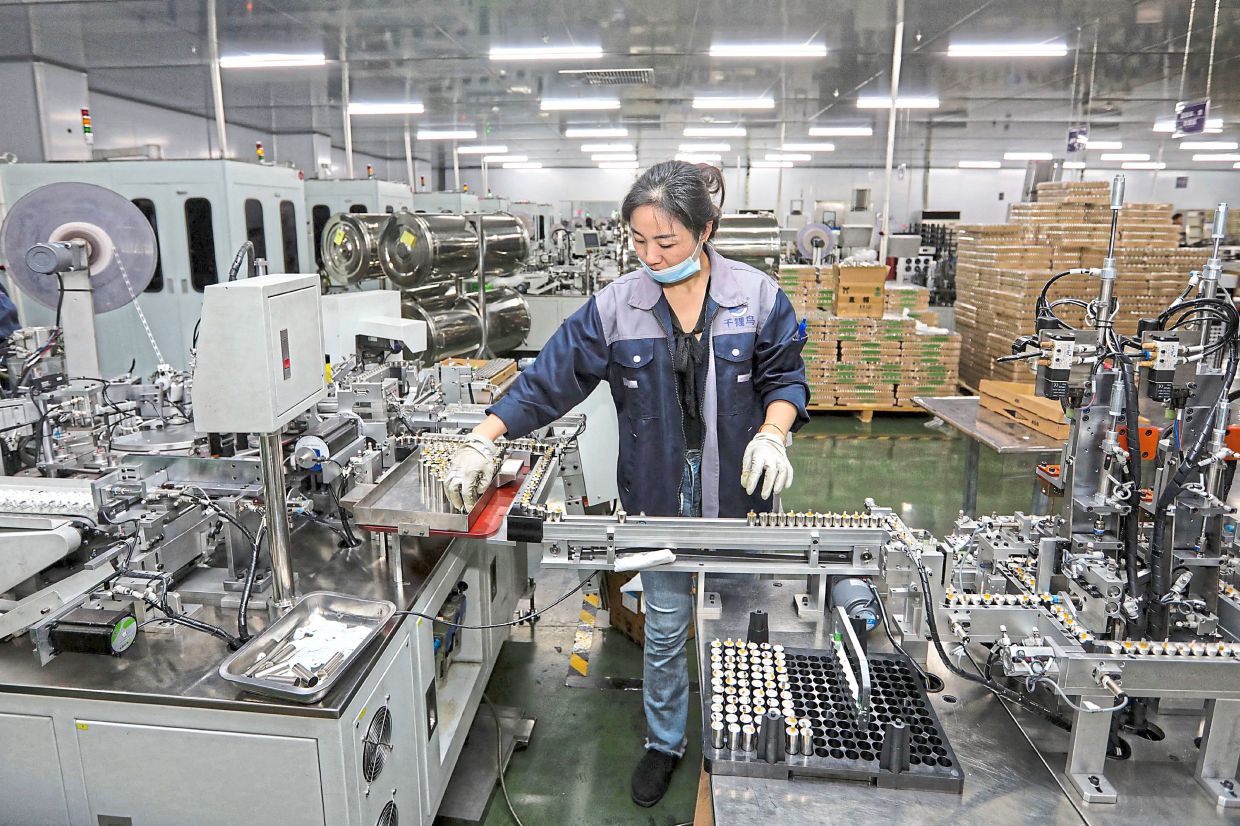
KUCHING: Ta Ann Holdings Bhd expects plywood export prices to improve in the second half of 2023 (2H23), mainly due to low inventory levels in Japan, which is the group’s key market.
expects plywood export prices to improve in the second half of 2023 (2H23), mainly due to low inventory levels in Japan, which is the group’s key market.
According to the company, Japan’s plywood importers have been restrained by the weak yen in their buying over the past few months.
The yen has depreciated this year from 128 yen to the dollar in January to about 146 yen to the dollar currently.
As the trading of plywood between Japanese importers and Malaysian suppliers is denominated in the greenback, a weaker yen means that it is more costly for Japanese buyers to import the products from Malaysia.
Due to a slowdown in demand during the second quarter of this year, Ta Ann said sales volume of plywood products fell by 42% compared with the previous corresponding period, with the average selling price dropping 21%.
This has thus affected the group’s timber product segment revenue, which fell to RM140.1mil in 1H23 from RM213.2mil in the previous corresponding period, while the segment’s pre-tax profit shrank by some 50% to RM25.2mil from RM49.5mil previously.
As Japanese importers are hesitant to place new orders for tropical hardwood plywood due to the unfavourable exchange rate, this has resulted in low inventory in Japan and short supply of several kinds of structural plywood in the Japanese market, according to the Japan Lumber Reports (JLR) in a recent bi-monthly report.
The International Tropical Timber Organisation, which reproduces the publication of the JLR, said Japan’s plywood imports have been on a downtrend since mid-2022.
Based on data by the Japan Finance Ministry, the country’s import volume of hardwood plywood plunged by 387,000 cubic metres (cu m) or 37% to 625,000 cu m in 1H23 from 1.04 million cu m in 1H22.
Japan sources hardwood plywood from top suppliers Malaysia and Indonesia, as well as from China and Vietnam.
In 1H23, Japan imported 228,300 cu m of plywood from Malaysia (1H22: 418,900 cu m) and 252,800 cu m from Indonesia (1H22: 400,200 cu m).
Shipments from China amounted to 74,900 cu m and Vietnam was at 86,500 cu m.
The JLR said Ta Ann group has three forests, namely, the Kapit, Pasin and Raplex forest management units (FMUs) in Sarawak, which all have certifications of Programme for the Endorsement of Forest Endorsement (PEFC).
The three FMUs cover 346,000 ha. The Sarawak government has authorised Ta Ann to grow 320,000 cu m of logs for the next 30 years.
JLR said Ta Ann produces 9,000 cu m of plywood per month, out of which 8,000 cu m are for painted plywood for concrete form and the remaining for structural plywood and other types of products.
Ta Ann chief executive officer Datuk Wong Kuo Hea said the group’s key product, coated concrete plywood (CCP), which is a 100% PEFC-certified product, has gained popularity in its key market of Japan.
Some 90% of the group’s monthly product is made up of CCP. In financial year 2022 (FY22), Tan Ann increased the sales of its plywood by 14% to 226,766 cu m from 199,000 cu m in FY21.









































